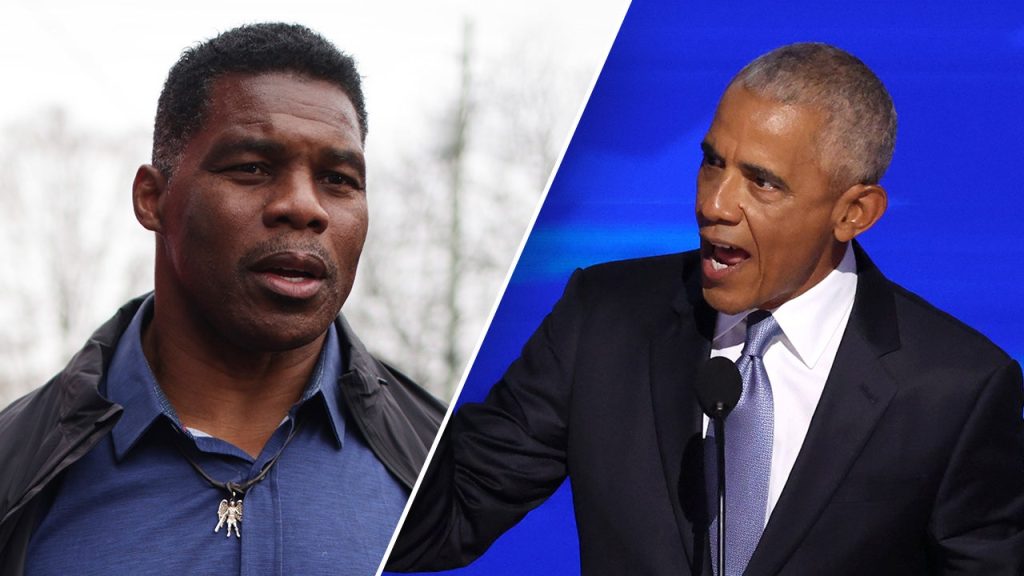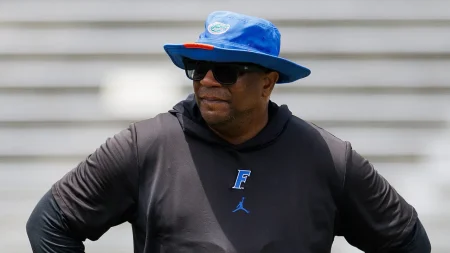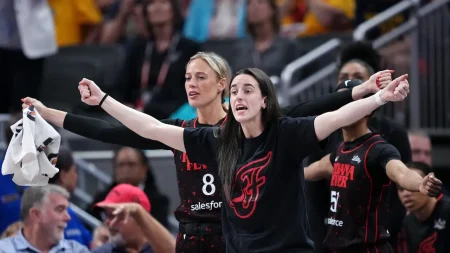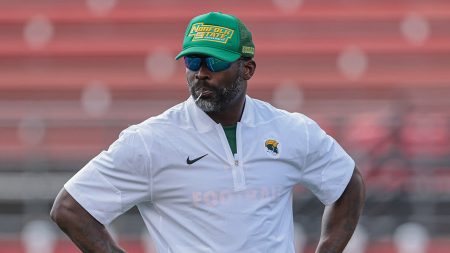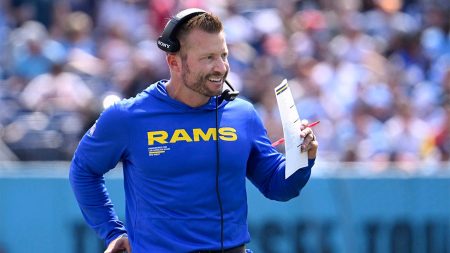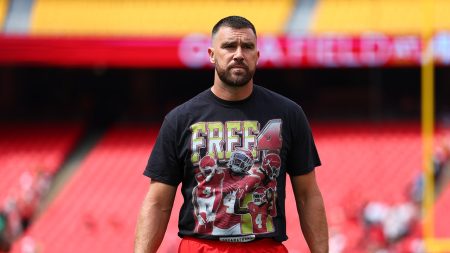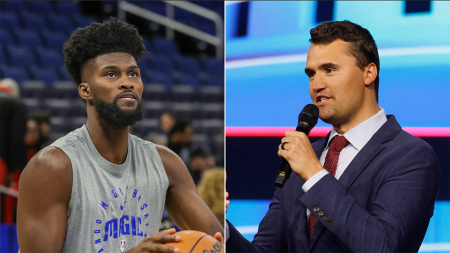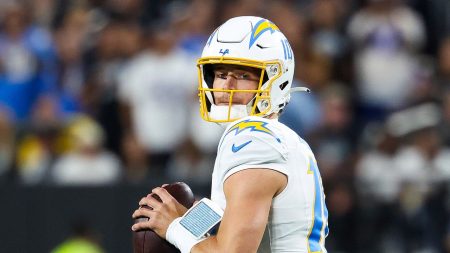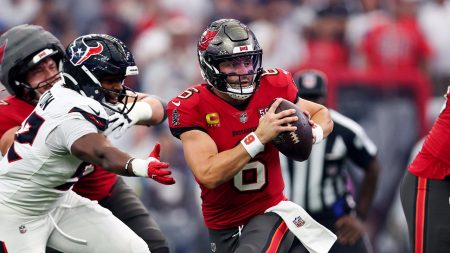NFL icon Herschel Walker criticized former president Obama for his recent comments about Black men not supporting Kamala Harris during a campaign stop in Pittsburgh. Obama suggested that Black men weren’t supporting Harris because she is a woman without acknowledging other potential reasons for dwindling support, such as her record as vice president and her career as a prosecutor. Walker, a former all-American football running back, responded to Obama’s comments by highlighting the importance of the fight for voting rights and emphasizing the need for unity, rather than division.
Walker, who played in the NFL for 12 seasons and was part of a historic trade from the Dallas Cowboys to the Minnesota Vikings in 1989, has become a vocal proponent of right-wing figures and principles. In 2022, he won the Republican Senate nomination in Georgia with Trump’s endorsement but ultimately lost to incumbent Sen. Warnock in a runoff election. Despite his loss, Walker has continued to advocate for conservative causes and has been critical of Obama, particularly after the former president mocked him during a speech in Georgia ahead of the midterm elections.
Obama’s comments about Harris and Black men have also drawn criticism from prominent figures on the left, including Bill Maher, former Democratic Ohio state Sen. Nina Turner, and former BLM activist Xaviaer DuRousseau. DuRousseau described Obama’s remarks as disrespectful and offensive, suggesting that Black men were tired of being reduced to their skin color in political discussions. Obama’s comments came after a Pew Research poll found that only 84 percent of Black people planned to vote for Harris, with 13 percent backing Trump, a significant shift from the 92 percent of Black voters who supported Joe Biden in 2020.
The backlash against Obama’s comments reflects broader divisions within the Black community over political allegiances and priorities. While some criticize Harris for her perceived lack of accomplishments or political stances, others believe that the focus on race and gender in political discussions is reductive and harmful. Walker’s criticism of Obama and his support for conservative causes highlight the complexity of political identities within the Black community and the challenges of navigating partisan divides while advocating for unity and progress.
Despite his political ambitions and endorsements from high-profile figures like Trump, Walker’s electoral defeat in Georgia suggests that his conservative message may not resonate with all voters, particularly in a state with a diverse and politically engaged electorate. As Walker continues to engage in political discourse and advocacy, his interactions with Obama and other prominent figures highlight the ongoing debates within the Black community about representation, leadership, and the future of American politics.Walker’s criticism of Obama and support for conservative causes reflect his own political beliefs and experiences, as well as broader debates within the Black community about political engagement, representation, and unity. While Obama’s comments about Harris have sparked controversy and criticism from across the political spectrum, they also highlight the challenges of addressing diversity, equality, and inclusion in political discourse and decision-making.




